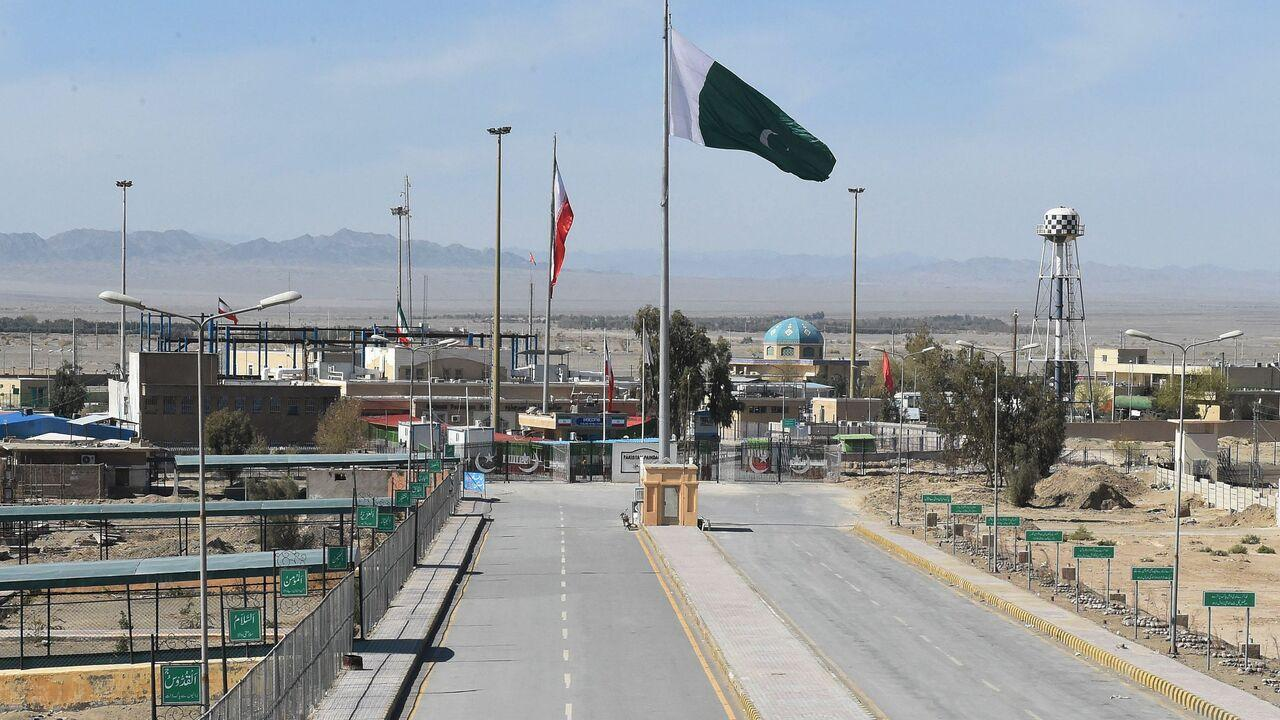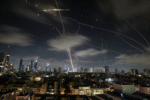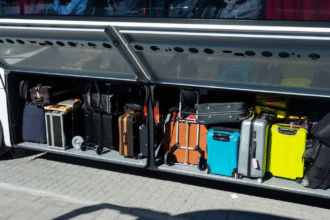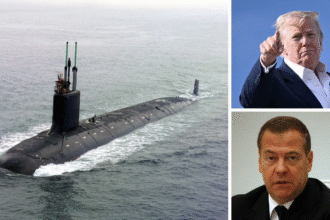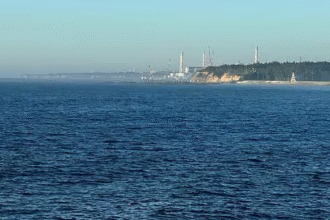QUETTA, PAKISTAN Pakistan has closed all border crossings with Iran indefinitely, as tensions in the Middle East reach critical levels following a surge of retaliatory attacks between Iran and Israel. The announcement was made by provincial authorities in Balochistan, the southwestern province that shares a 900-kilometer border with Iran.
“Border facilities in all five districts Chaghi, Washuk, Panjgur, Kech, and Gwadar have been suspended,” confirmed Qadir Bakhsh Pirkani, a senior Balochistan official.
The shutdown affects civilian movement, though trade routes remain partially open. Officials emphasized that the measure is temporary and stems from security concerns rather than diplomatic fallout.
“Crossing into Iran has been suspended until further notice,” added Atta ul Munim, a border control officer in the Chaghi district. “However, Pakistanis returning from Iran are still permitted to re-enter.”
Pakistan Evacuates Hundreds of Pilgrims
The border closure comes amid intensifying regional instability, prompting Islamabad to evacuate its nationals from high-risk zones. Over the weekend, Foreign Minister Ishaq Dar confirmed the safe return of 450 Pakistani pilgrims from Iran, with additional evacuation operations underway, including from neighboring Iraq.
Both Iran and Iraq are home to several revered Shiite religious sites, drawing thousands of Pakistani pilgrims annually. Authorities are prioritizing the safe return of all citizens, particularly students and pilgrims, with approximately 200 students expected to arrive from Iran later today.
Islamabad Voices Support for Tehran, Urges Caution
Despite not formally recognizing Israel, Pakistan has expressed moral and diplomatic solidarity with Iran, condemning Israel’s recent strikes.
“Pakistan stands in solidarity with the Government and the people of Iran,” read a statement issued by Islamabad last Friday.
Adding to the diplomatic rhetoric, Defence Minister Khawaja Asif warned of the implications of Israel’s nuclear capabilities, stating:
“The world should be wary and apprehensive about Israel’s nuclear prowess, which lacks any international discipline.”
While reports suggest that Pakistan could align with Tehran in case of an all-out regional war, officials have repeatedly clarified that current support remains non-military and based on humanitarian and diplomatic principles.
Trade Continues Despite Border Closure
Interestingly, while the land border remains sealed for civilian crossings, trade activities have not been banned outright. With bilateral trade valued at around US$3 billion, both nations have pledged to increase the figure to US$10 billion in the coming years.
This economic balancing act illustrates the complex diplomatic landscape Islamabad must navigate. Pakistan has to balance its relationship with Iran while also being cautious not to breach U.S.-led international sanctions, and maintaining strong economic and strategic ties with Saudi Arabia.
Regional Stability Hangs in the Balance
The closure of Pakistan’s border with Iran underscores the broader geopolitical risks surrounding the growing conflict between Iran and Israel. What began as limited military exchanges has rapidly escalated into multi-front warfare, dragging multiple regional players into strategic posturing.
As both Iran and Israel issue warnings of further military retaliation, countries across the region including Pakistan are now bracing for spillover effects that could upend regional peace and stability.
Pakistan’s decision to close its border with Iran is a significant move in a region already strained by complex alliances and volatile rivalries. While trade remains partially functional, and evacuations are underway, the uncertainty surrounding the Iran-Israel conflict poses an ongoing challenge for Pakistan’s foreign policy and national security.
Islamabad’s balancing act maintaining diplomatic support for Iran, preserving trade ties, and avoiding entanglement in direct conflict will be closely watched in the days to come.

